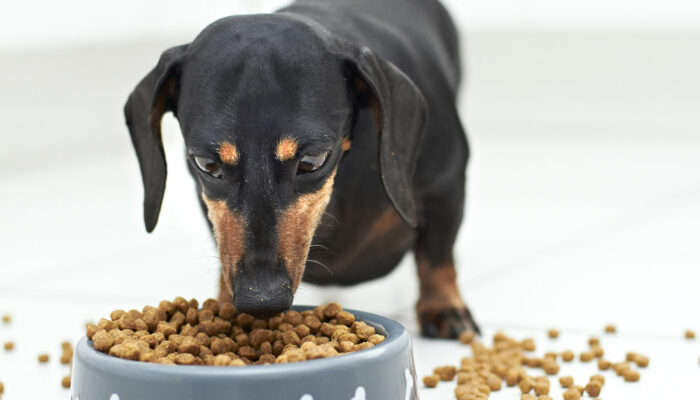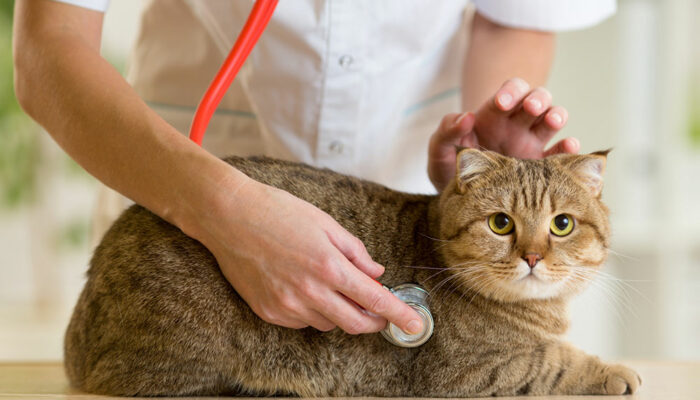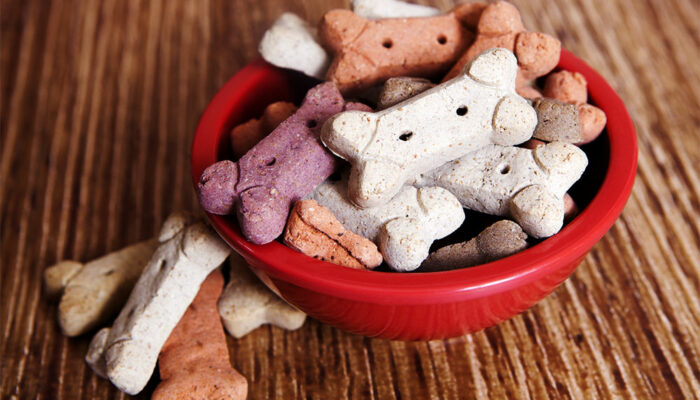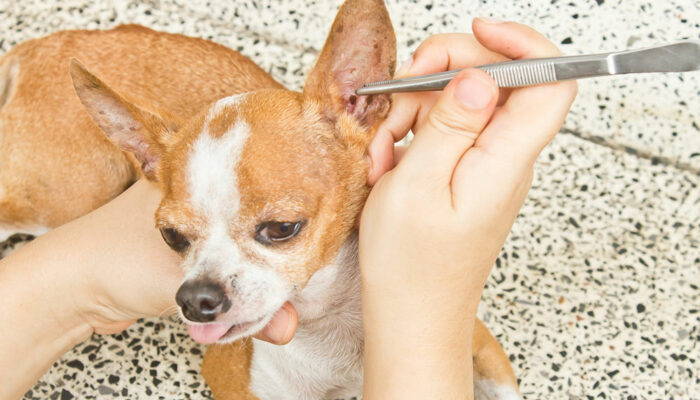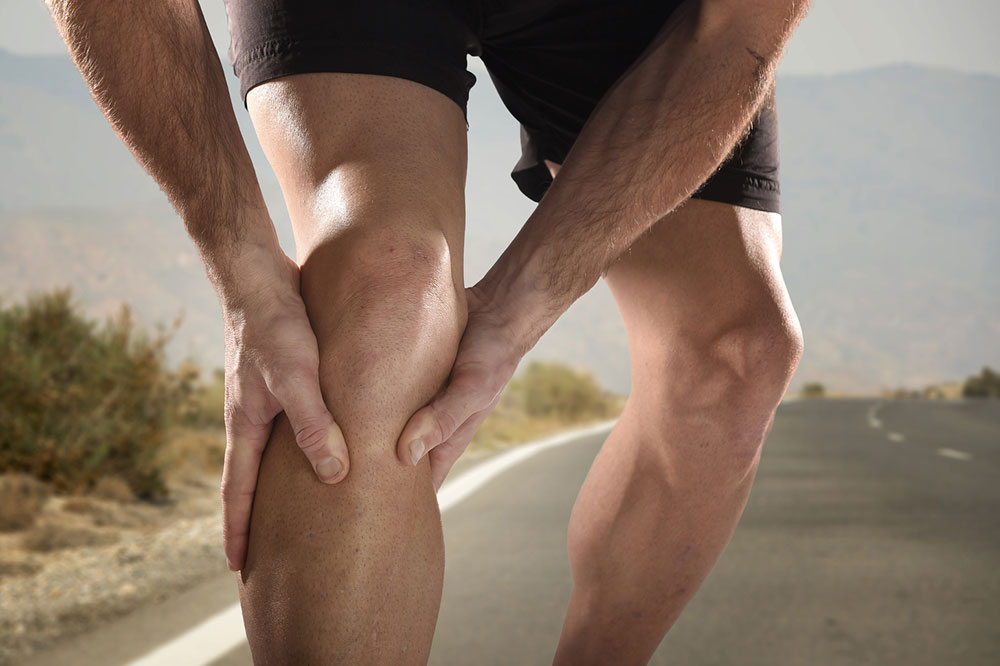
Foods to Eat and Avoid for Gout Patients
Gout is a type of arthritis that causes inflammation in the bones due to uric acid deposits in the joints and cartilages. Gout attacks happen when the body does not flush excess uric acid consumed through food. Gout can be controlled by following a simple diet and eliminating certain foods that aggravate the condition. Also, you need to include certain foods that alleviate or prevent excess deposits of uric acid in the blood.
Read on to know five effective dietary tips for gout.
1. Avoid high purine foods
Foods with high levels of purine should be avoided or consumed occasionally. All red meats, organ meats, and glandular meats such as liver, sweetbreads, lungs, and heart contain highly concentrated amounts of purine. Seafood such as tuna, snapper, codfish, halibut, salmon, and trout have high amounts of purine as well. Vegetables and grains such as asparagus, broccoli, cauliflower, and mushrooms are also rich in purine.
2. Avoid high fructose foods
Sugary substances containing fructose can potentially trigger gout symptoms. Fructose is broken down into purine during digestion, which can increase the risk of uric acid deposits in the body. Foods and drinks such as pastries, candies, fruits, syrups, jellies, honey, sodas, alcohol, and cakes should be avoided. Even processed foods that contain refined carbohydrates. Carbohydrates are broken down into fructose, which is further broken down into purine. Eliminating sugary foods prevents not only gout attacks but also improves overall health.
3. Eat soluble fibers
One should consume soluble fiber foods such as oatmeals, quinoa, apples, carrots, barley, peppers, strawberries, almonds, cabbage, walnuts, pecans, Brussels sprouts, black beans, milk beans, sweet potatoes, peanut butter, chia seeds, flaxseeds, and whole grains. Seeds and beans must be soaked for about eight hours and then cooked well before consumption. Whole grains are safe and healthy to consume to prevent excess uric acid in the blood as they absorb the uric acid and eliminate it from the system.
4. Always stay hydrated
Staying hydrated means simply drinking water and no other beverage. Alcoholic and caffeinated drinks do not count as they defeat the purpose of hydration. Drinking water helps in keeping the uric acid levels under check. Excess levels of uric acid found in the blood are flushed out by drinking water regularly. Doctors suggest drinking enough water throughout the day can effectively keep the body hydrated.
5. Avoid alcohol and coffee
Alcohol and caffeine increase the rate of dehydration, which might trigger gout attacks even with low uric acid levels in the blood. Alcohol also slows metabolic activities and slows the process of uric acid elimination. Alcohol has been reported by many people who suffer from gout as the prime reason for sudden gout attacks.
